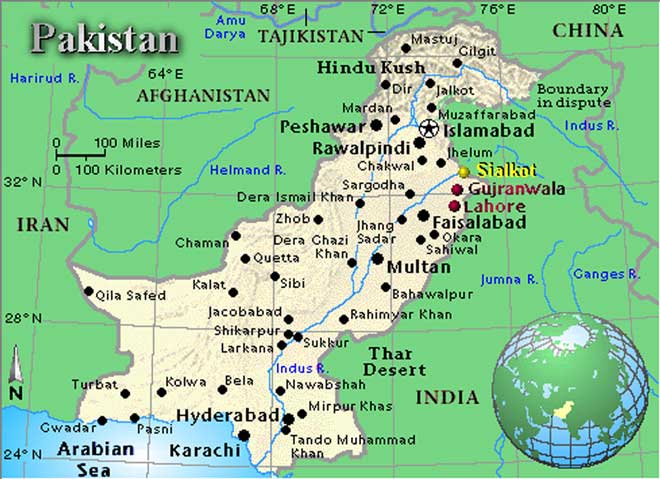NEW DELHI: Born just four days ago on the cold sands of Yamuna Pushta, Gayatri rests on a cloth lining the inside of a fruit vendor’s basket on the patch of land, that runs parallel to the circuitous flyovers connecting northeast Delhi with ISBT Kashmere Gate, under an open sky.
She’s one of 10 babies less than a year old in a group of 415 Pakistani Hindus that’s come from Sindh, seeking refuge in India. There are 191 children here fighting cold. They have fled their land alleging growing atrocities. Those gathered here include families that started coming in 2011-12 while some came as recently as three months ago.
The 78 families have petitioned PM Narendra Modi, Sushma Swaraj and Chandni Chowk MP Harshvardfor help. Nearly all of them arrived with visas procured for pilgrimage but now don’t want to return.
The group has asked for visa extension. Their resolve to stay here is summed up by a 70-year-old who worked as a daily wager in Latifabad under what he described as “slavery-like conditions” most of his life. “We would rather die here than return,” Shobha Ram says.
Currently homeless and in abject poverty, they are now surviving on charity, huddling for warmth under plastic sheets. There are at least eight pregnant women among them. St Stephen’s Hospital has reached out to them with medical assistance, food and counselling but survival is hard-won.
When TOI visited the spot, the special branch of Delhi Police was surveying the families to establish their exact numbers. The district administration, too, is learnt to have sent a team for visit but relief is still to come as those in charge are yet to chalk out a plan to reach out to the hundreds in distress here.
Dharamvir Bagri (38) is the head of an association the families have formed to plead their case. He shows us passports marked with visa stamps dating back to March 2013 allowing him a one-month stay in India during Maha Kumbh Mela. “We came here to save our lives and religious identity. We don’t want to return. All we seek is refuge so we can work hard and give our children a good future,” Bagri, who hails from Hyderabad in Pakistan, said.
Bagri describes how many of the families who arrived initially took asylum in a 28-room primary school building in Bijwasan, southwest Delhi, that was no longer in use. Without wasting time, they had moved the office of southwest Delhi’s deputy commissioner seeking Indian nationality and written letters for help to the President and NHRC. Some of them later moved out in search of livelihood. They became daily wagers in Faridabad but the special branch, which is monitoring their stay, asked them to return to Delhi.
With nowhere to go, they decided to camp on this lonely spot on the riverbed where even firewood is hard to find. Their fight is on.






